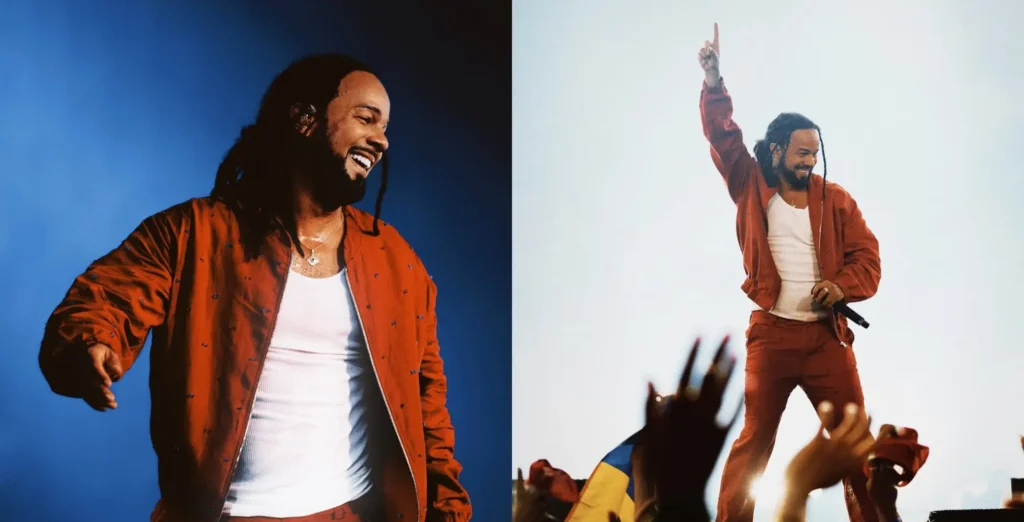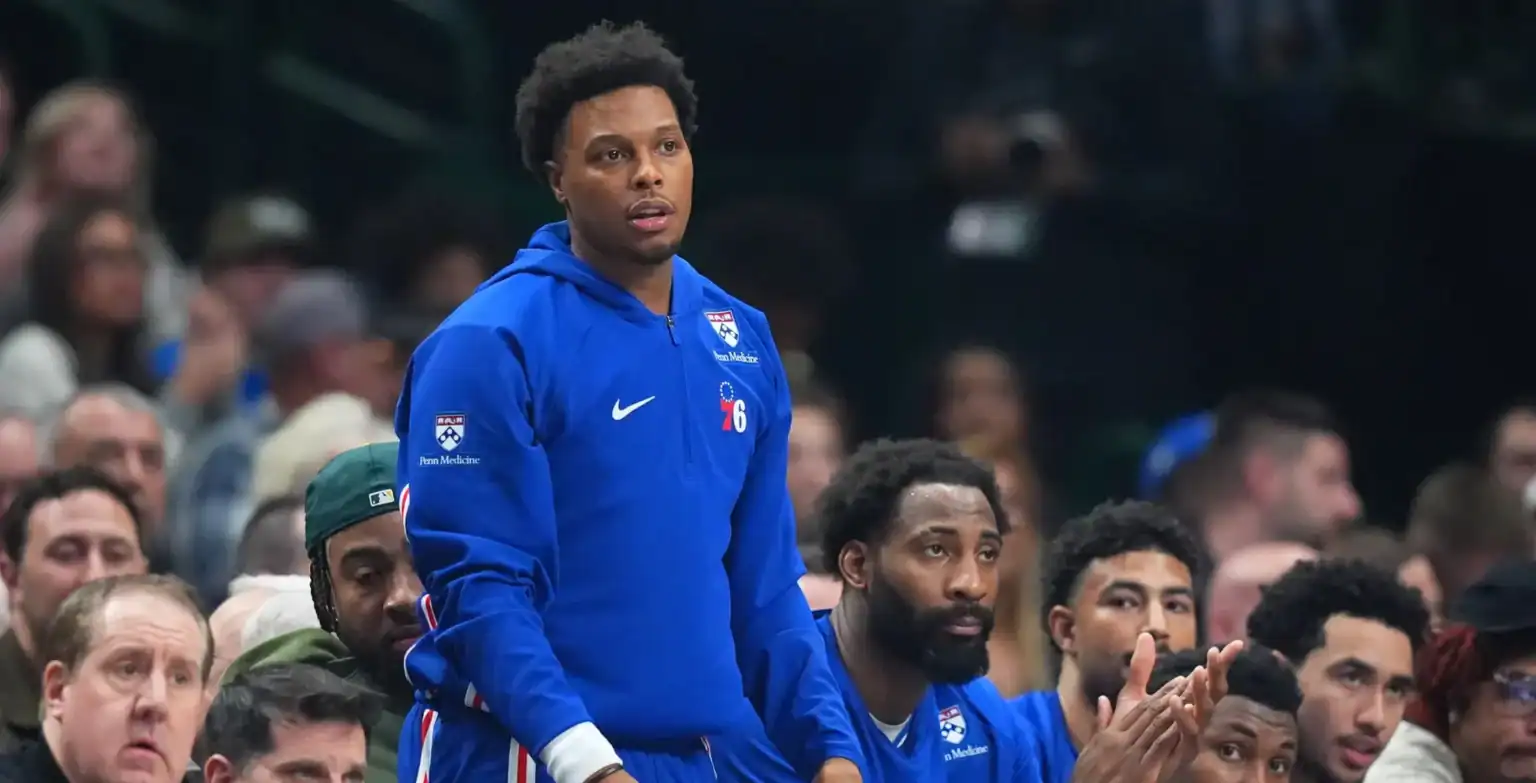Soca star Kes the Band performed at Toronto’s Budweiser Stage in June to a sold-out crowd. (Courtesy: @kesthebandofficial/IG)
Kes the Band recently shook up the city becoming the first soca artist to ever headline Budweiser Stage, and says Toronto is one one of the best cities he has performed in.
The venue was jam-packed with over 16,000 people on June 14, flooded with concert-goers who came to celebrate the city’s electric soca scene and diverse Caribbean culture.
This historic win for Canada brought Kes the Band to an interview with the Brandon Gonez Show’s Hennessy Conversations series to chat about his upbringing in Trinidad, early music career, and the global impact of soca.
Kes mentioned in the interview that “the soca fans in Toronto play such a substantial role in the whole picture,” after his international success was born in the city following the release of his award-winning single “Wotless,” with Trinidadian-Canadian producer, Kerwin DuBois.
The success “came like a thief in the night,” Kes said, as the single blew up amidst a difficult point in his musical career.
“I wanted to quit music at some point,” he said.
“Every nine months you have to have a hit that changes someone’s life,” he added, describing the constant demand of hit songs in soca.
This momentum eventually produced his biggest hits alongside “Wotless,” like “Savannah Grass” and “Hello.”
When asked which was his top song out of the three bangers, Kes compared it to being alike picking which one of his children are his favourite, and said he loved all three for their specific backstory.
But Kes did spill the tea on his hit songs; “Hello” was about his divorce from a couple of years ago and “Savannah Grass” was a tribute to his late father.
The crooner also shared a precious life lesson; “the more that pain carve into your being, the more love you could contain,” one he says helped him to celebrate even deeper on stage through his difficult life challenges.
Aligning with the Hennessy sponsor’s motto, “never stop and never settle,” Kes mentioned the importance of silence and keeping in touch with his voice inside.
He said that “something has to always give,” if a situation in life is not working.
Kes stays resilient by staying true to himself, in ways such as traveling to the jungles in Trinidad to find his peace.
Ultimately, Kes’ vision for bringing soca to the world is to show how soca can be incorporated into everyday life to uplift people’s spirits.
Whether that be through carnivals that emphasize the artistry of the genre or collaborations with other artists from the islands like Shaggy, he wants to make sure to “bring back the cultural aspect” of Trinidad’s musical scene.





